The slender debt to nature's quickly paid, discharged, perchance, with greater ease than made
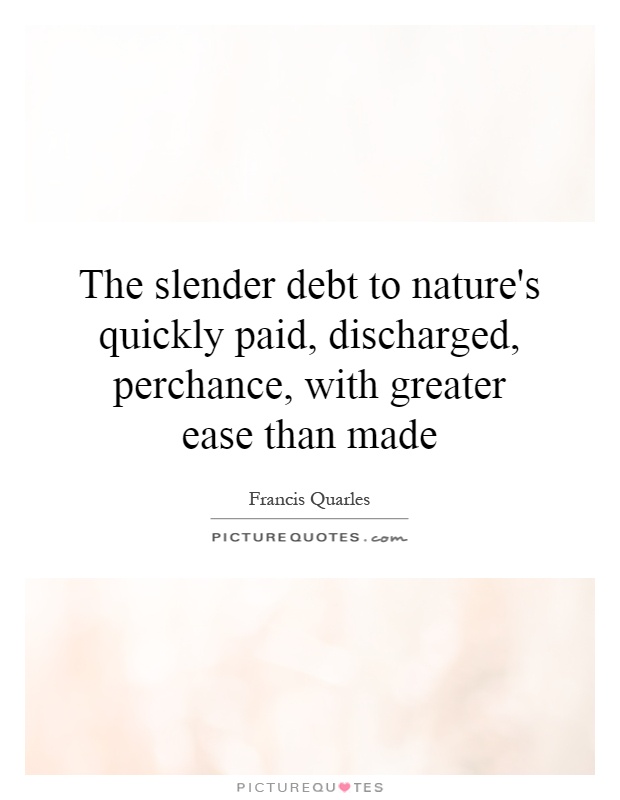
The slender debt to nature's quickly paid, discharged, perchance, with greater ease than made
Francis Quarles was a 17th-century English poet known for his religious and moralistic works. In his poem "The Slender Debt," Quarles reflects on the fleeting nature of life and the ease with which we can fulfill our obligations to nature.The opening line of the poem, "The slender debt to nature's quickly paid," suggests that our debt to nature is small and easily fulfilled. This debt could refer to our duty to live in harmony with the natural world, to respect and protect the environment, or simply to acknowledge our place in the grand scheme of things. Quarles seems to be reminding us that our time on Earth is short and that we should make the most of it by living in accordance with nature's laws.
The second part of the line, "discharged, perchance, with greater ease than made," implies that fulfilling our debt to nature may be easier than we think. Perhaps Quarles is suggesting that by simply living in harmony with the natural world, we can find peace and fulfillment in our lives. It may be easier to live in accordance with nature's laws than to go against them, as doing so can lead to stress, conflict, and unhappiness.
Quarles was a devout Christian, and his poetry often reflects his religious beliefs. In "The Slender Debt," he may also be alluding to the idea of repaying our debt to God through living a virtuous and moral life. By following the teachings of Christianity and living in accordance with God's will, we can find salvation and eternal peace.
Overall, Quarles' poem "The Slender Debt" serves as a reminder of the importance of living in harmony with nature and fulfilling our obligations to the world around us. By recognizing our place in the natural order and striving to live virtuously, we can find peace and fulfillment in our lives.

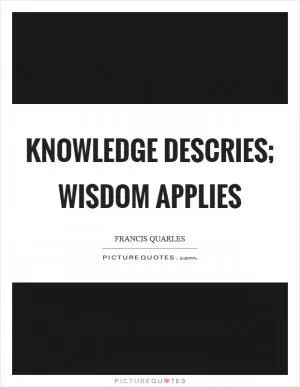
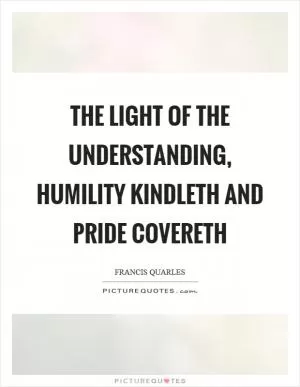
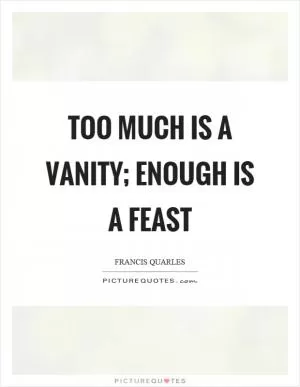
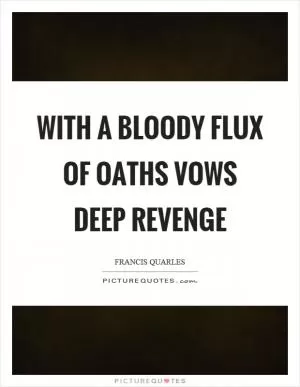
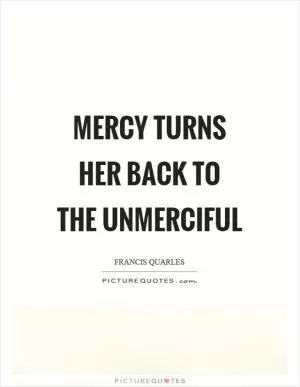

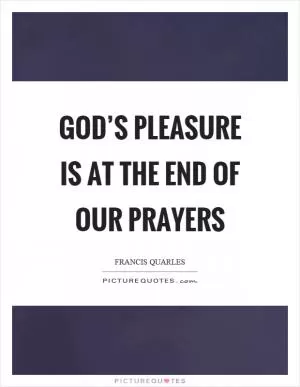


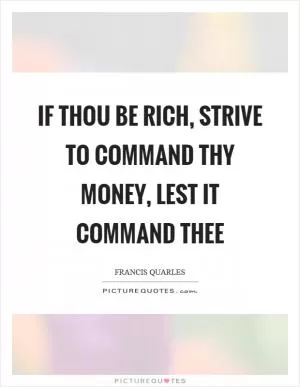

 Friendship Quotes
Friendship Quotes Love Quotes
Love Quotes Life Quotes
Life Quotes Funny Quotes
Funny Quotes Motivational Quotes
Motivational Quotes Inspirational Quotes
Inspirational Quotes